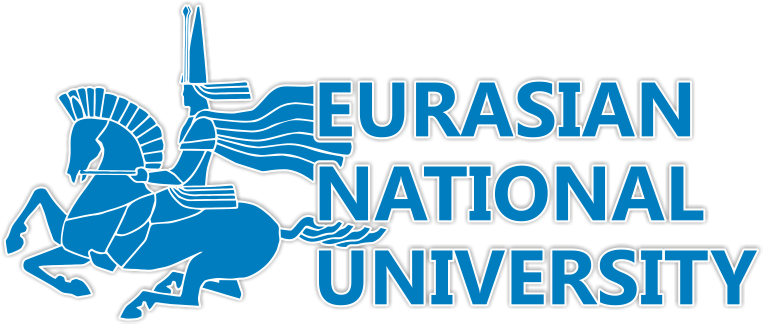January thirty-first at the site of the Eurasian National University. L.N. Gumilyov, a seminar was held on the topic “Codex Standards in Ensuring Food Safety in the Modern World”, which was attended by 56 people, among them international experts, students, faculty members, university staff. The seminar was attended by employees of the Republican Academy of Technical Regulation, Standardization, Certification and Metrology.
Organizer: Department of "Standardization and Certification" of the ENU Transport and Energy Faculty. Moderator - Head of Department, Doctor of Technical Sciences, Professor Bakhytkul Baykhozhaeva.
The Codex Alimentarius is a set of international food standards adopted by the FAO / WHO International Commission on the Implementation of the Code of Food Standards and Regulations (Codex Alimentarius Commission). Codex standards cover basic foods, both processed and semi-processed and unprocessed foods. The provisions of the Code concern: hygiene requirements and nutritional value of food products, including microbiological criteria, requirements for food additives, traces of pesticides and veterinary drugs, pollutants, labeling and appearance, as well as methods of sampling and risk assessment.

The Republic of Kazakhstan has been a member of the Codex Alimentarius Commission since 2003. At the 30th session of CCEURO, which was held in Astana (KZ) from 3 to 7 October 2016, the Republic of Kazakhstan was unanimously recommended as a candidate. At the 40th session of the AS (Geneva, July 2017), Kazakhstan was appointed the new Regional Coordinator for the European Region.
With the report "The Codex Alimentarius Commission." The mission of Kazakhstan as a coordinator of CCEURO. Challenges and prospects ”was made by the Coordinator of the FAO / WHO Coordination Committee for Europe of the Codex Alimentarius Commission, Doctor of Medical Sciences, Professor Karsybekova Naylya.
In her speech, the professor focused attention on the objectives of the Codex Alimentarius Commission, the content of the Code, on the contribution of Kazakhstan Coordinator in consolidating the countries of the European Region to promote Codex standards.
The purpose of the Codex Alimentarius Commission:
- safeguarding the health of consumers and ensuring integrity in the food trade;
- facilitating the coordination of all work on food standards carried out by international governmental and non-governmental organizations;

-the determination of priorities and the initiation of work on the preparation of standards, as well as the management of these works through relevant organizations and with their help;
- completion of standards developed in accordance with the requirements, their inclusion in the Codex Alimentarius as regional or world standards, together with international standards that have already been finalized and approved by other bodies, if this is practicable;
- amending published standards according to the current situation.
Each member country appoints a code point of contact for Codex matters. The contact person, the liaison between the Codex Secretariat and the member country, coordinates all activities at the national level. The contact person forms the national database of business operators, consumer associations, trade organizations, developers of legal documents. All correspondence with the Secretariat of the Codex Alimentarius Commission is carried out only through a code-contact point. Codex Contact Point - a link in the work with the Codex Alimentarius Commission.

Smagulova Asem, Assistant Coordinator, Code Contact Point of the Republic of Kazakhstan made a presentation on the Codex Contact Point - a link in the work with the Codex Alimentarius Commission.


Zhanar Tolysbayeva, an expert in the field of food hygiene, Ph.D., in her speech addressed the question: “The strategy of the national team's work within threlevant Codex committees”.
A report on the topic: “The role of the Codex Alimentarius in the export of agricultural products” was made by Alexander Razarenov - an expert in the field of veterinary medicine and phytosanitary, master.
Standards, guidelines, recommendations of the Codex Alimentarius Commission include common goals, recommendations, guidelines based on scientific achievements and best world practices and are tools for developing capacity in food safety throughout the food chain
The implementation of internationally agreed Codex standards is a key prerequisite for ensuring the food security of national and international food markets. The participation of countries in the work of the Codex Alimentarius Commission is important for upholding long-term national interests in the development of agricultural exports. The use of the standards of the Codex Alimentarius Commission is the use of international scientific potential and tools.
The workshop was held in a lively, creative atmosphere. Following the seminar, a resolution was adopted.



